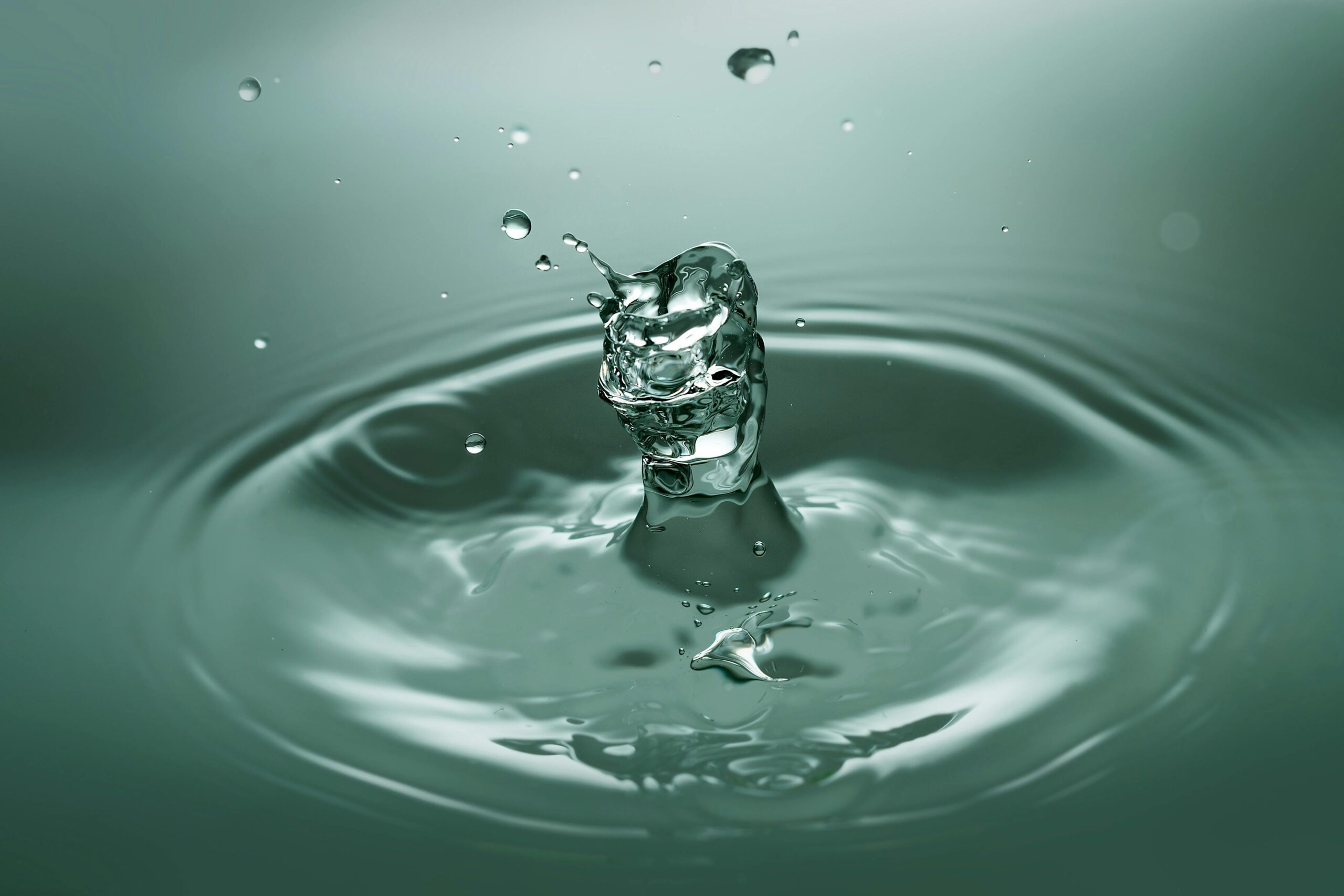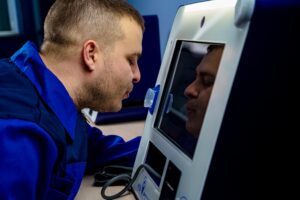Introduction
In today’s world, access to clean water is a fundamental human right and a pressing global concern. With increasing pollution and environmental degradation, finding effective solutions for clean water is more critical than ever. This article explores the top 10 niches in clean water solutions, offering insights into innovative technologies, sustainable practices, and community-driven initiatives.
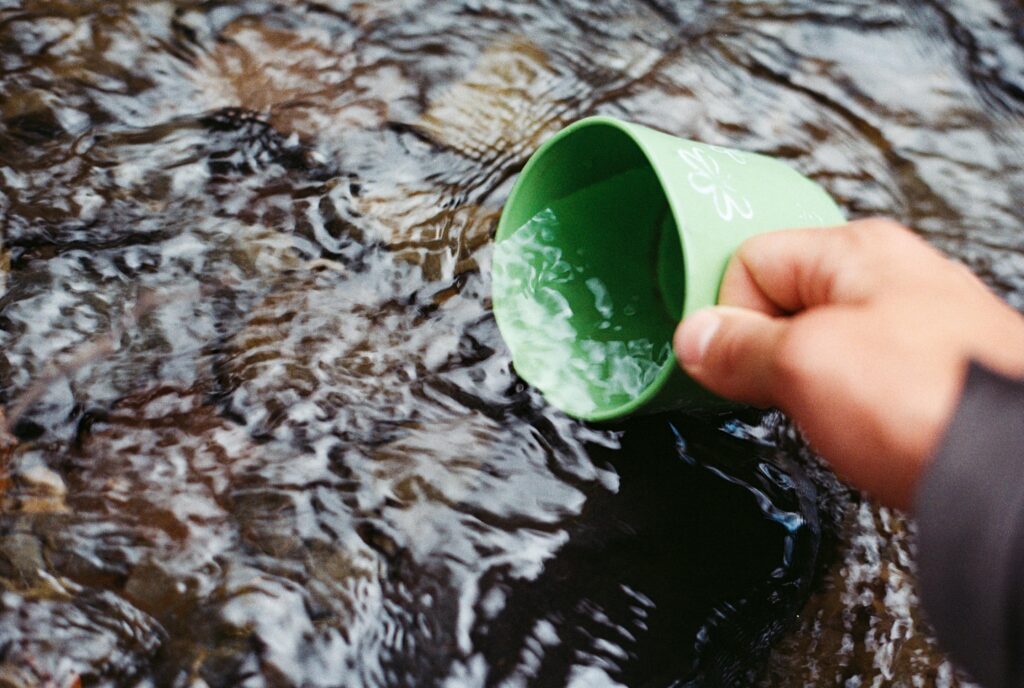
Ensuring Accessible Clean Water for All
Water Filtration Systems
Water filtration systems play a crucial role in removing contaminants and impurities from water sources, ensuring safe and clean drinking water for communities worldwide. Explore the latest advancements in filtration technology, from reverse osmosis to activated carbon filters.
Point-of-Use Water Purification
In areas where access to centralized water treatment facilities is limited, point-of-use purification systems offer a practical solution. Learn about portable purification devices and household filtration options that empower individuals to access clean water directly from the source.
Rainwater Harvesting
Harnessing the power of nature, rainwater harvesting involves collecting and storing rainwater for various uses, including drinking, irrigation, and sanitation. Discover the benefits of rainwater harvesting systems in mitigating water scarcity and promoting self-sufficiency.

Promoting Sustainable Water Management
Greywater Recycling
Greywater recycling involves treating wastewater from domestic sources, such as sinks and showers, for reuse in irrigation and non-potable applications. Explore innovative greywater recycling technologies and their role in conserving freshwater resources.
Desalination Techniques
Desalination technologies offer a solution to water scarcity in coastal regions by converting seawater into freshwater suitable for drinking and irrigation. Delve into the advancements in desalination techniques, including reverse osmosis and solar desalination.
Smart Water Metering
Smart water metering systems provide real-time data on water usage, enabling efficient management and conservation efforts. Learn how IoT-enabled sensors and analytics tools are revolutionizing water management practices in urban and rural areas.
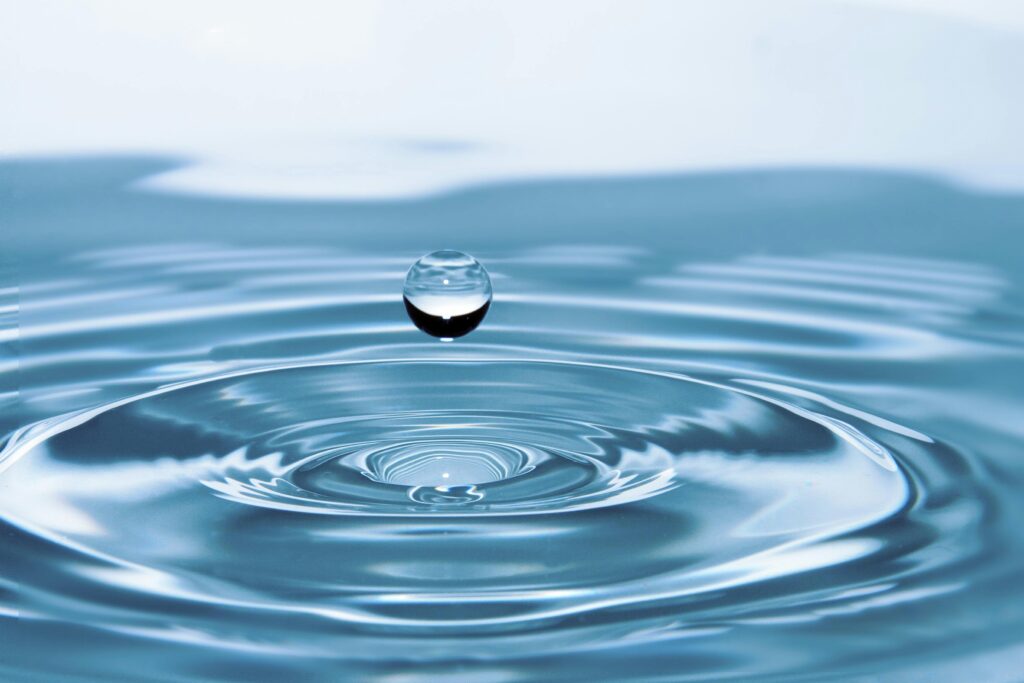
Empowering Communities Through Education and Advocacy
Community-Led Conservation Projects
Community-led conservation projects empower local residents to protect and preserve water resources through education, advocacy, and sustainable practices. Discover inspiring initiatives that promote stewardship and environmental awareness.
Youth Engagement Programs
Engaging youth in water conservation efforts fosters a sense of responsibility and environmental stewardship from an early age. Explore youth-led initiatives and educational programs that empower the next generation to become champions for clean water.
Policy Advocacy and Governance
Effective policy advocacy and governance are essential for implementing sustainable water management practices and ensuring equitable access to clean water. Learn about grassroots movements and policy initiatives driving positive change at local, national, and global levels.
Nano-filtration Technology
Nano-filtration technology represents a cutting-edge approach to water purification, employing membranes with nanopores to remove even the smallest contaminants. Dive into the science behind nano-filtration and its potential applications in industries such as pharmaceuticals and electronics manufacturing.
Aquifer Recharge Techniques
Aquifer recharge techniques involve replenishing underground water reservoirs by diverting surface water or treated wastewater into natural or artificial recharge zones. Explore the benefits of aquifer recharge in enhancing groundwater availability and quality for drinking and irrigation purposes.

Bio-remediation Methods
Bio-remediation harnesses the power of microorganisms to degrade pollutants and contaminants in water bodies, restoring ecological balance and improving water quality. Learn about innovative bio-remediation techniques, including bio-filters and constructed wetlands, and their role in sustainable water management.
Investing in Infrastructure for Clean Water Access
Rural Water Supply Projects
Rural water supply projects aim to provide safe and reliable drinking water to remote and underserved communities, often through the construction of wells, boreholes, and hand pumps. Explore successful examples of rural water supply initiatives and their impact on improving public health and livelihoods.
Urban Water Infrastructure Upgrades
Upgrading urban water infrastructure is essential for meeting the growing demand for clean water in rapidly expanding cities. Discover innovative approaches to urban water management, such as green infrastructure, decentralized treatment systems, and water recycling schemes, that enhance resilience to climate change and population growth.
Investment in Water Technology Startups
Investing in water technology startups is driving innovation and entrepreneurship in the clean water sector, fostering the development of novel solutions and scalable business models. Learn about emerging trends in water tech investment and the role of venture capital in accelerating the adoption of sustainable water technologies.
Harnessing Data Analytics for Water Resource Management
Predictive Modeling for Water Quality
Predictive modeling uses historical data and statistical algorithms to forecast changes in water quality parameters, enabling proactive management and decision-making by water authorities. Explore the applications of predictive modeling in monitoring and mitigating pollution events in rivers, lakes, and reservoirs.
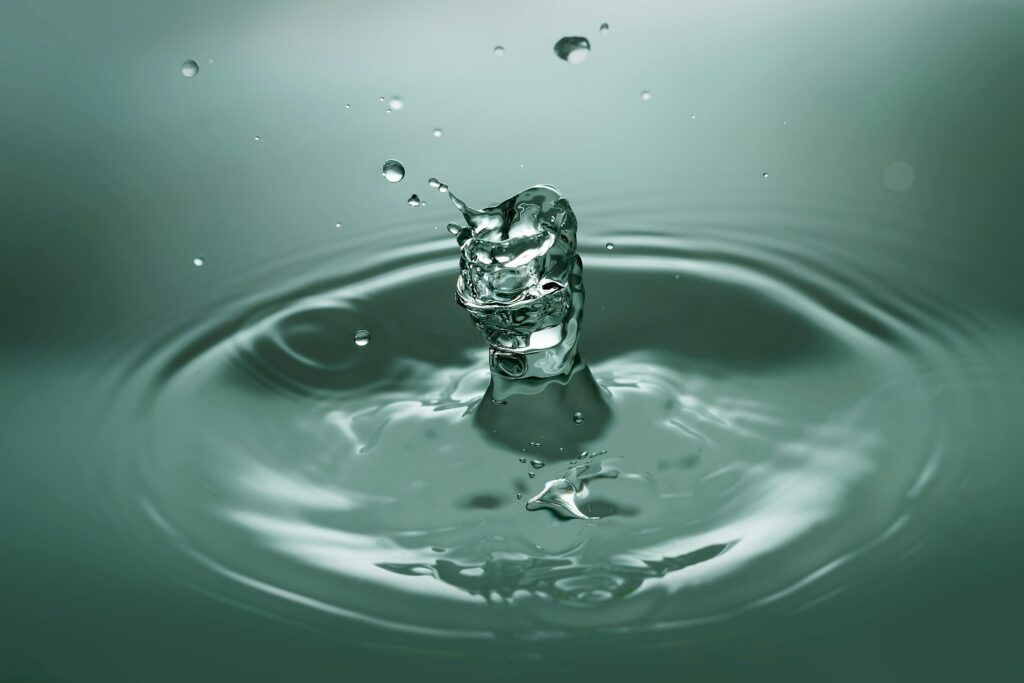
Remote Sensing Technologies
Remote sensing technologies, such as satellite imagery and unmanned aerial vehicles (UAVs), provide valuable insights into water resource dynamics, including surface water extent, groundwater levels, and vegetation health. Delve into the use of remote sensing data for assessing water availability, drought monitoring, and ecosystem management.
Data-driven Decision Support Systems
Data-driven decision support systems integrate real-time monitoring data, hydrological models, and stakeholder feedback to inform water resource management strategies and optimize water allocation and usage. Discover how decision support systems enhance resilience to water-related hazards and support sustainable development goals.
Conclusion: Embracing Innovation for a Water-Secure Future
The quest for clean water solutions demands collaboration, innovation, and a commitment to sustainability. By harnessing technological advancements, empowering communities, and investing in infrastructure, we can overcome the challenges of water scarcity and pollution, ensuring a brighter and more water-secure future for all. Access to clean water is not just a necessity but a fundamental human right. By exploring innovative solutions and fostering community engagement, we can overcome the challenges of water scarcity and pollution, ensuring a healthier and more sustainable future for generations to come.
